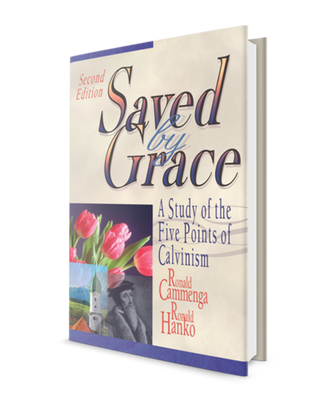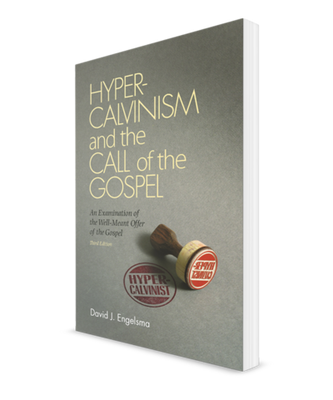Your cart is empty now.
The Pastoral Character of the Canons
There are, undoubtedly, many reasons why wholesale departure from scripture truth is so characteristic of Reformed churches today, but not least among those reasons is the fact that churches and denominations often forget that they are part of the church of all ages, and that, also with regard to doctrine, they stand in organic connection with the church of the past. If the church is faithful to the truth then she is built on the foundation of apostolic doctrine and prophetic teaching, and by the grace of God that doctrine and that teaching is an inheritance received from the faithful church of years past. It is not only to her disgrace but to her own ruin that the church forgets this.
For Reformed churches, perhaps more than any others, this heritage of truth is to be found in their creeds. Those creeds or confessions are the fruit of hard study, careful interpretation, and life-long defense of the word of God by those who have gone before, and it is through faithful use of those creeds that we as Reformed Christians “come into” our inheritance. The trouble is that Reformed churches today, almost without exception, are churches without a heritage, not because they have discarded their creeds but because they have neglected them. The creeds are useful and profitable only in so far as they are used in the preaching, the teaching, and in all the work of the church. Through neglect of her creeds, a church cuts herself off from the organism of the church and lays herself open to the withering influence of false teaching and worldliness.












